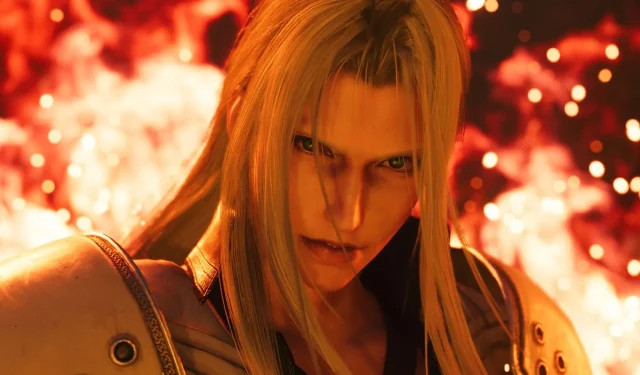
Final Fantasy 7 Remake and its sequel, Rebirth, provide a fresh perspective on the classic storyline, yet they are not without their flaws. A significant challenge both titles face arises from the original game’s episodic structure. While dividing the story has allowed for deeper character development and more intricate exploration of settings, it also introduces a complex narrative dilemma concerning the endings of both games.
[Warning: This article contains spoilers for Final Fantasy 7 Remake & Rebirth.]
The climactic moments of both Remake and Rebirth coincide with pivotal shifts in the original narrative. Although these serve as logical points for concluding the games, they notably lack an essential element typically found in most RPGs: a climactic showdown against the primary antagonist. To compensate, both games feature additional confrontations with Sephiroth, which deviate from the established storyline. While such battles align more closely with conventional RPG endings, they somewhat detract from the overall narrative experience.
The Impact of Final Boss Battles on the Narrative
Reinventing Endings in Remake and Rebirth
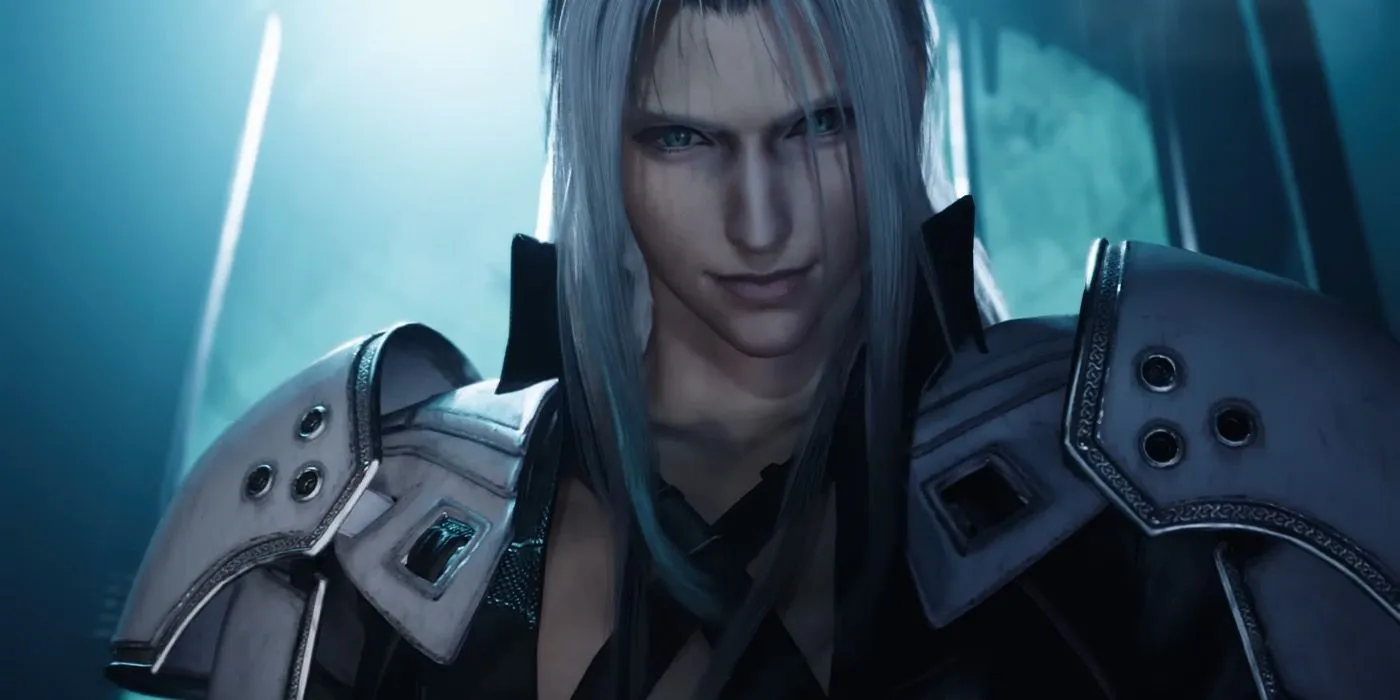
In Rebirth, Sephiroth commands even greater screen time, especially in the opening sequences that delve into the complex history between Cloud and Sephiroth. While this deepens the anticipation for an eventual showdown, the impact would have been amplified had players been left with a sense of suspense.
As the second act of this three-part saga, Rebirth culminates at a pivotal low point for the protagonists. Thus, concluding with Aerith’s tragic demise was a poignant choice, yet the immediate confrontation with Sephiroth undercut the potential for suspense. Players’ frustrations regarding Aerith’s death could have simmered, contributing to an emotional investment that was diminished by the ensuing battle, particularly when Aerith manifests through an Endgame-style portal during the conflict.
Both Remake and Rebirth succeed in crafting engaging narratives leading up to their climactic battles, yet these moments reveal a disjunction between traditional gaming norms and effective storytelling. It’s particularly regrettable that both games could have seamlessly integrated a final showdown without compromising their narrative integrity.
Alternative Final Boss Options for FF7 Remake and Rebirth
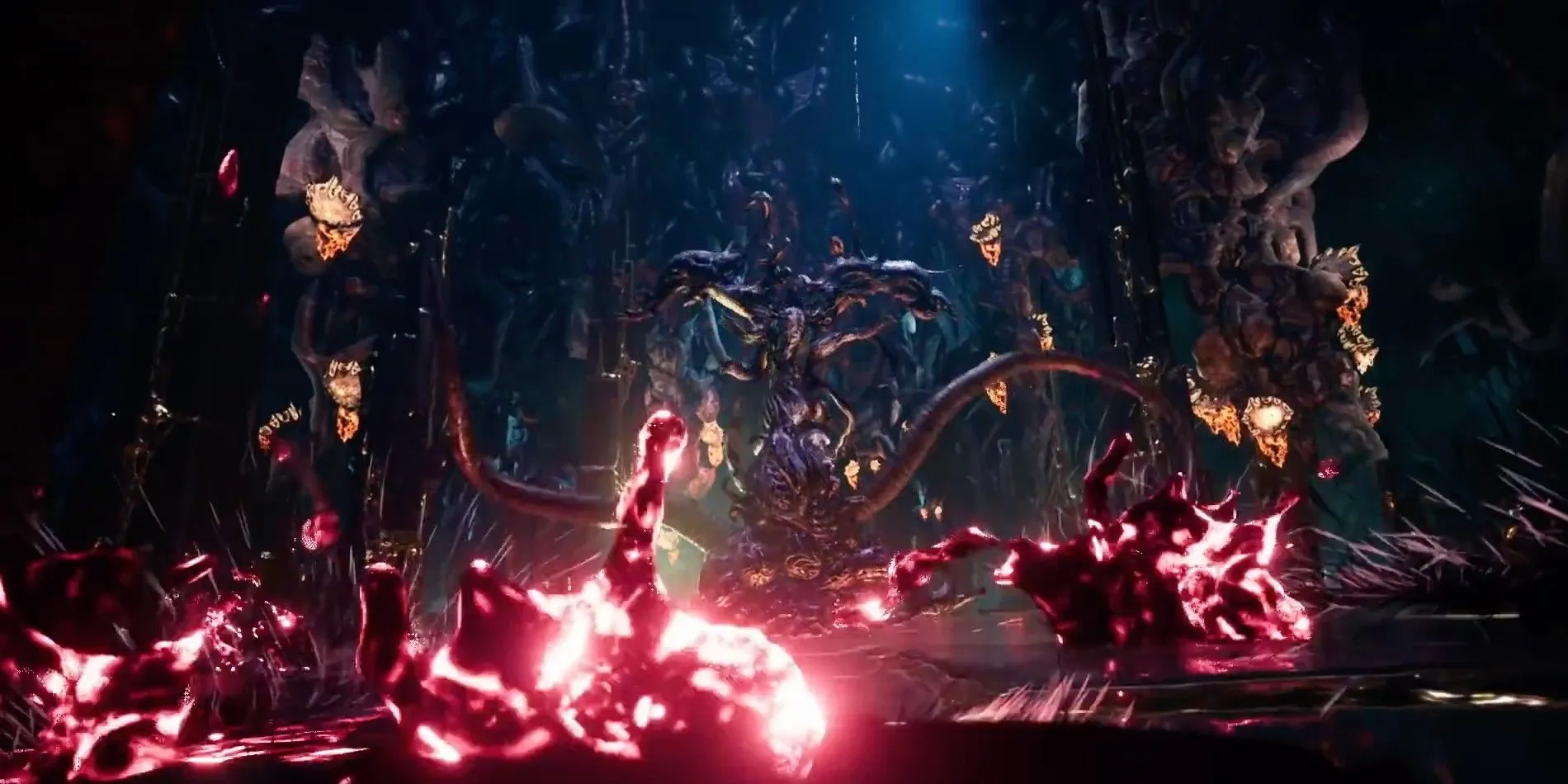
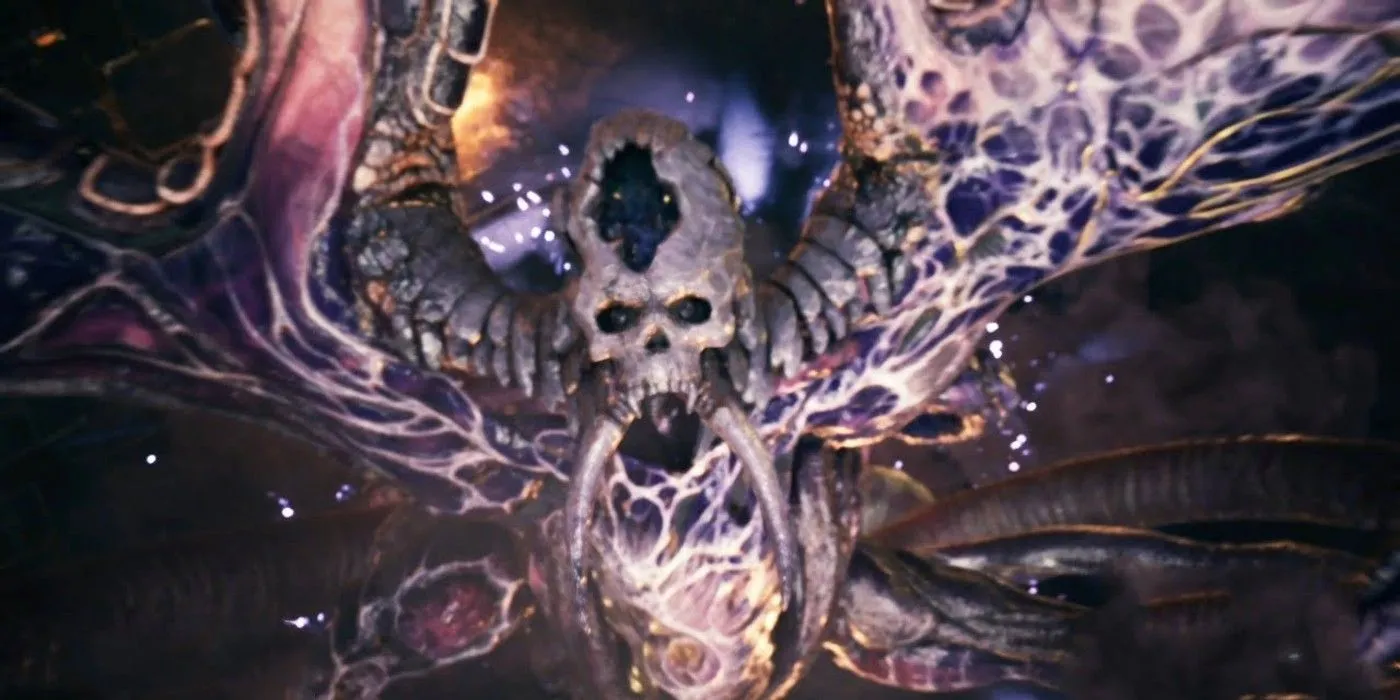
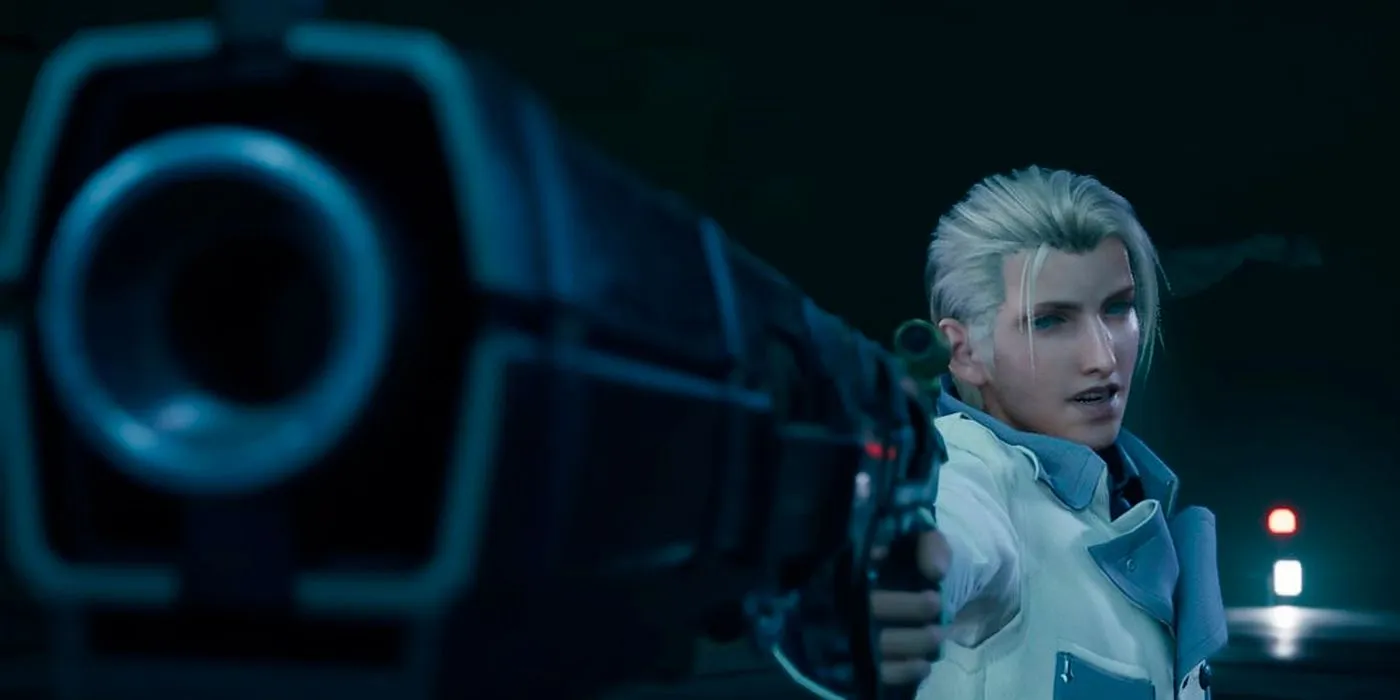
In Final Fantasy 7 Remake, the story wraps up right after key characters liberate Aerith and Red XIII from Shinra’s clutches. Here, the optional showdown with Sephiroth occurs post-escape. Instead of introducing a battle with him, the game could have enhanced the intensity of the encounters with Rufus Shinra and his mechanized companion, Darkstar. By adjusting their difficulty and combat strategies, they could function as an early challenge, preparing players for the eventual clash with Sephiroth.
Moreover, Final Fantasy Rebirth could have drawn inspiration from the original and instead featured a confrontation with Jenova. By positioning this battle before Aerith’s tragic end, the game might have concluded on an emotionally resonant moment, delaying the inevitable clash with Sephiroth and amplifying the urgency to avenge Aerith in the subsequent installment. This approach would provide more emotional depth while allowing Aerith’s death to resonate more strongly with players.
Preemptively Confronting Sephiroth: Implications for the Final Installment
The Diminished Intimidation of Sephiroth
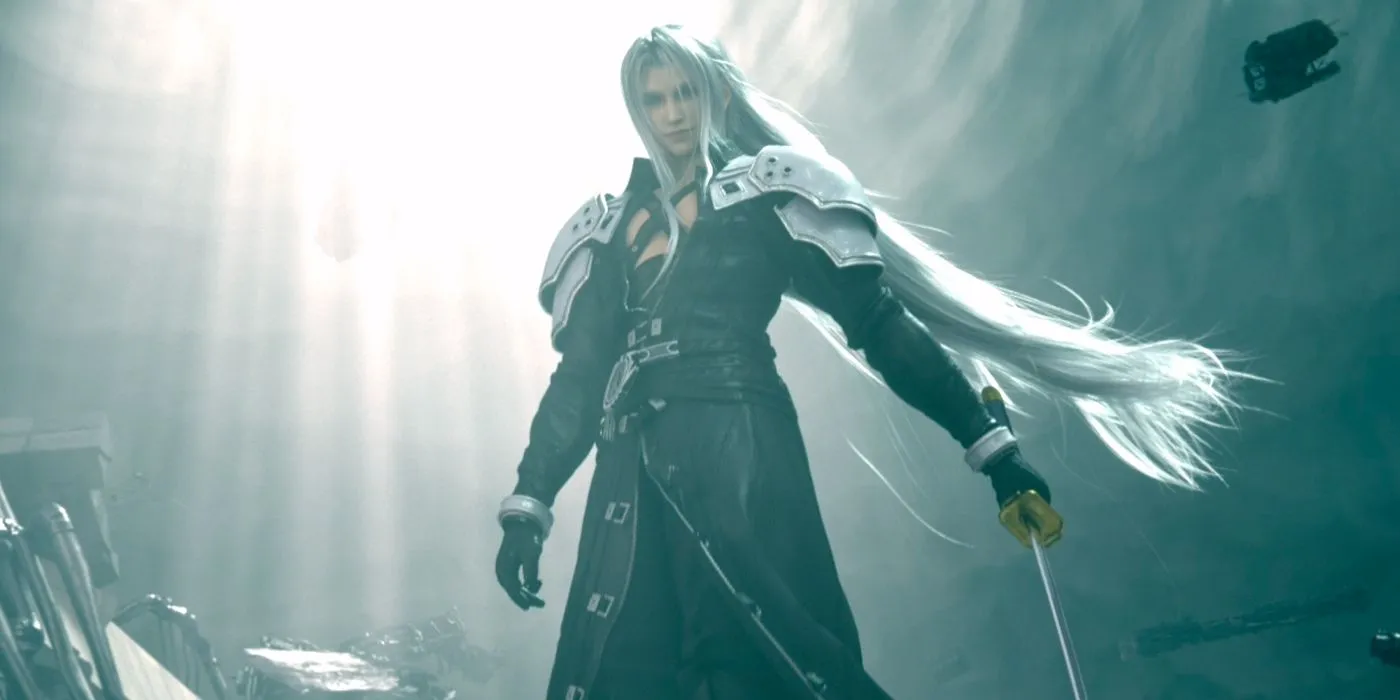
The decision to confront Sephiroth in both previous games is understandable. With over 100 hours of gameplay before facing the main antagonist, players might risk losing connection with Sephiroth. His appearances, like the pivotal moments with President Shinra and Aerith, keep his presence felt. However, the repeated battles against Sephiroth in Remake and Rebirth might undermine the buildup to their ultimate clash in the final chapter.
In the original Final Fantasy 7, the battle with Sephiroth offered a tense culmination, filled with uncertainty. But as players prepare for the concluding showdown in the Final Fantasy 7 Remake trilogy, the knowledge of having vanquished Sephiroth twice may diminish the impact of their final confrontation. While Sephiroth will inevitably display greater power in the concluding chapter, the prior encounters could make players feel less intimidated and more confident.




Leave a Reply ▼